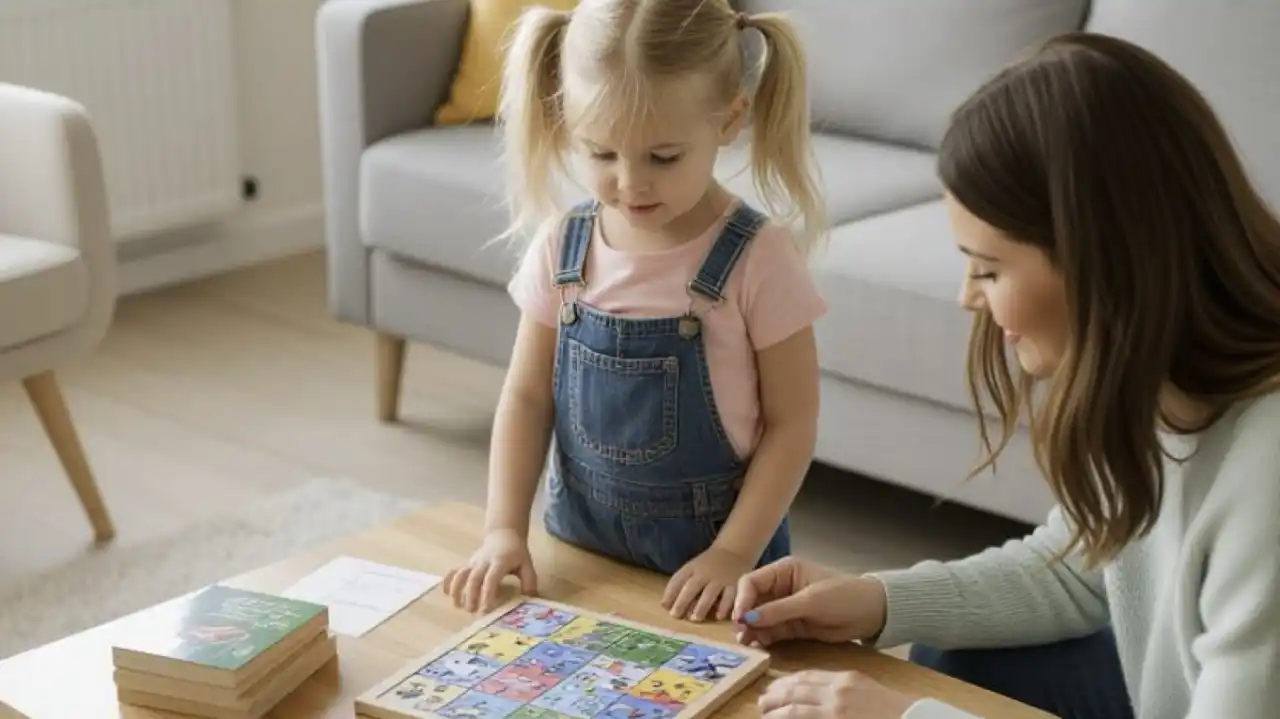
Training Mental Athletes: Conclusion
E
very question you ask, every puzzle you pose, every conversation you spark places your child in a lineage that stretches from Socrates to Diderot to the great thinkers of tomorrow. You’re not merely teaching facts—you’re shaping the very instrument of thought itself. With each effort, you build children who question boldly, reason clearly, remember deeply, solve wisely, see others sharply, and speak with power.
Without your steady guidance, they risk being swept away by noise, speed, and shallow answers. But with your questions, your challenges, and your care, you help them build something stronger: minds grounded in logic, alert to bias, armed with memory, and alive with insight. These are not just thinking habits—they are survival tools in a world of distraction and shallowness.
Schools may teach what to think; you teach how to think. That difference will echo for decades. Tonight, a single question can begin a chain reaction that leads your child toward clarity, courage, and truth.
Mental strength lays the foundation. Curiosity keeps it growing. You’ve helped your child build the habits of strong thinkers—questioning assumptions, catching errors, remembering what matters, and crafting thoughtful responses. But thinking doesn’t live by effort alone. In the next chapter, we’ll explore how to keep the spark alive. Because without joy, even the best minds stall. And with it, they fly.
Table of contents

Primordial Soup for the Mind: Navigation
Navigate the book Primordial Soup for the Mind.
Further Reading
- Halpern, D. F. (2014). Thought and Knowledge: An Introduction to Critical Thinking (5th ed.). Psychology Press.
- Kuhn, D. (1999). The Skills of Argument. Cambridge University Press.
- Gilovich, T., Griffin, D., & Kahneman, D. (Eds.). (2002). Heuristics and Biases: The Psychology of Intuitive Judgment. Cambridge University Press.
- Storr, W. (2021). The Science of Storytelling: Why Stories Make Us Human, and How to Tell Them Better. Abrams Press. (Helps explain memory anchoring through narrative)
- Lilienfeld, S. O., Lynn, S. J., Ruscio, J., & Beyerstein, B. L. (2010). 50 Great Myths of Popular Psychology. Wiley-Blackwell. (Accessible, evidence-based breakdown of cognitive biases and fallacies)
- Wellner, B., & Yoder, J. (2004). Activities for Developing Thinking Skills: Creative and Critical Thinking. Thinking Books.
- Harris, P. L. (2000). The Work of the Imagination. Wiley-Blackwell.
Online Resources
- Common Sense Education
- Critikid
- The Critical Thinking Child
- Bright Horizons
- The Decision Lab – (Explains biases and mental models in accessible terms)
- The Debunking Handbook – (Covers cognitive errors and how to teach against them)
- Verywell Mind – (Reliable overviews of memory, fallacies, and cognitive traps



